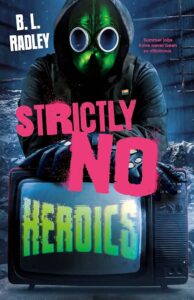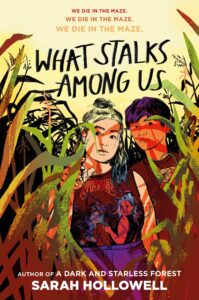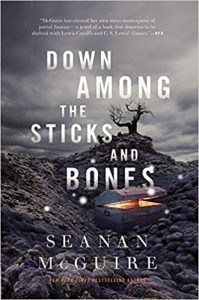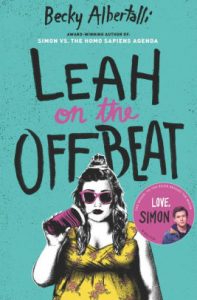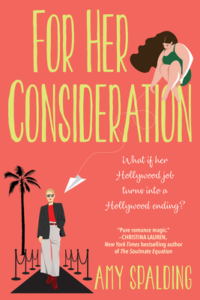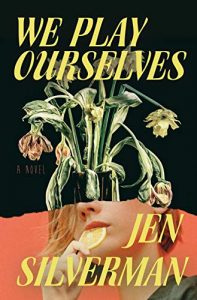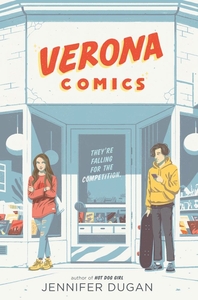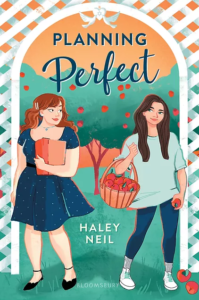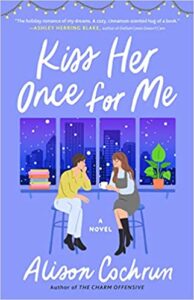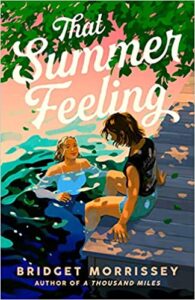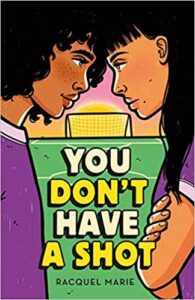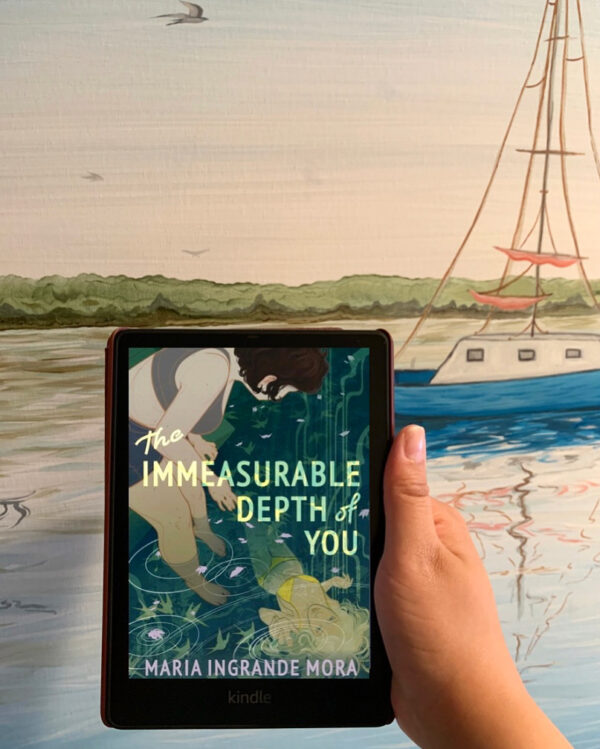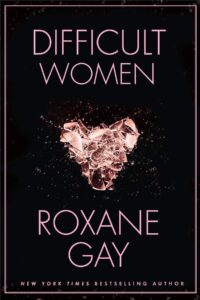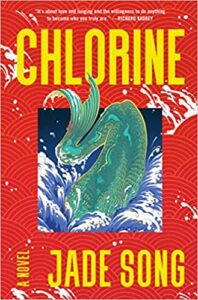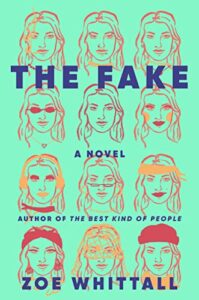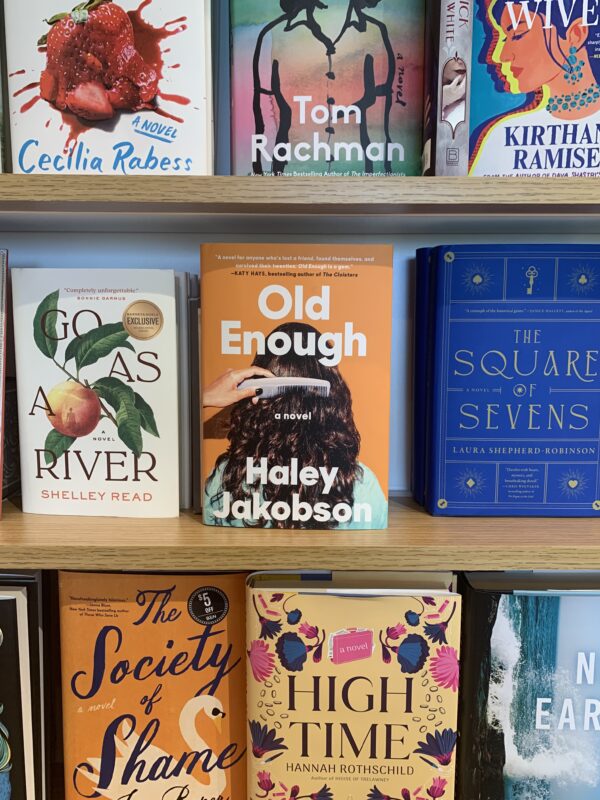
Thank you to PENGUIN GROUP Dutton and Netgalley for this E-ARC in exchange for an honest review. (Published June 20, 2023)
I’ve followed Haley Jakobson’s social media for a while, so I was thrilled to hear news of her debut novel. And let me say, it did not disappoint!
Old Enough follows our main character Savannah (Sav, for short) in two timelines: The present timeline focuses on Savannah in college during her semester in a Women and Gender Studies course. In another, we flashback to high school Savannah’s point of view. Throughout the novel, we learn the circumstances surrounding a traumatic event she experienced during high school and her subsequent social and emotional fallout. Chapter by chapter, readers witness Savannah’s healing journey as she confronts the past, cultivates new friendships, and exercises her autonomy.
There are several key takeaways from this novel:
Jakobson impressively deconstructs cultural norms surrounding “forever friendships” and the sunk-cost mindset of holding on for history’s sake. Additionally, we are introduced to a distinct cast of characters that become Sav’s safe place to land amidst the tumult of growing pains. There are knockout conversations on justice versus healing, plus beautiful depictions of a joyful queer community as Sav explores her bisexuality.
This is a mature, new-adult coming of age story that covers a lot of ground, and it does so with vulnerability and precision. Old Enough is Savannah’s story, but it’s a story that will resonate with so many. (I highly recommend listening to Haley Jakobson’s episode on the “Sad Girls Who Read” podcast after finishing the book!)
FINAL NOTE: I would encourage readers to check content warnings, because there were several heavy topics addressed throughout the novel including (but not limited to): sexual assault, transphobia, and alcohol use.

